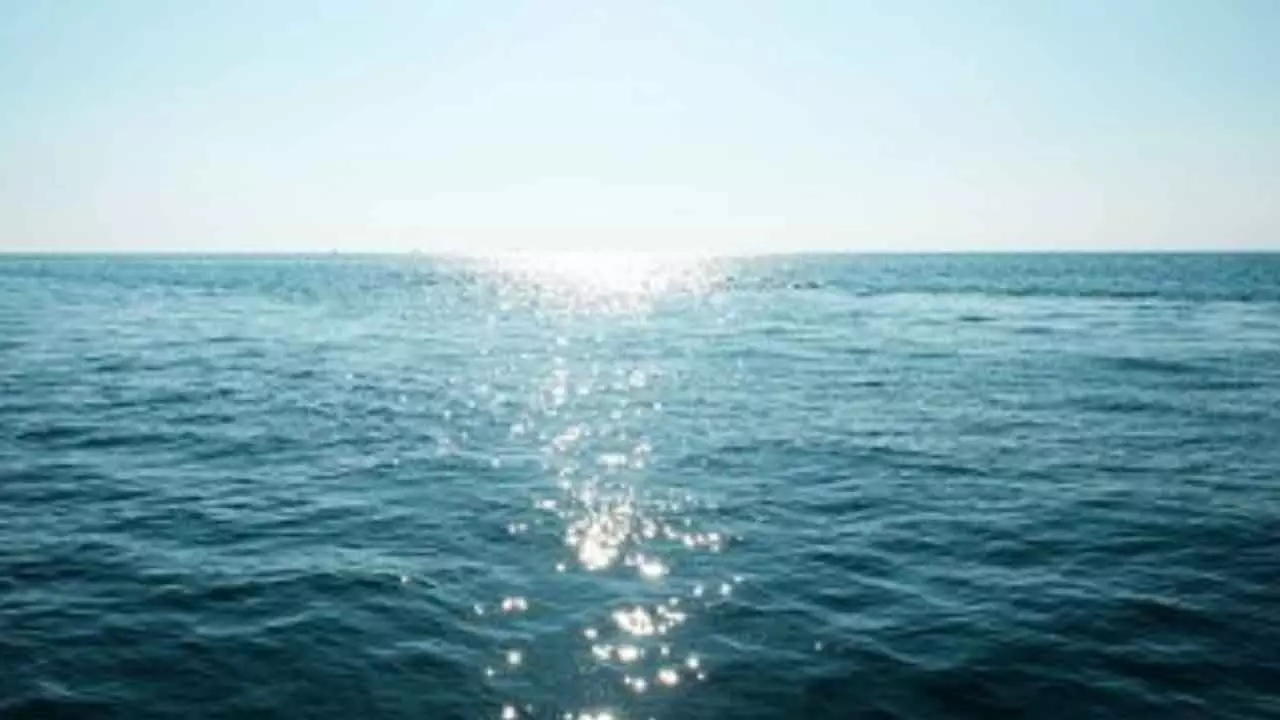Spurt In Marine Heatwaves In Last 80 Years: Study
The figure has soared to nearly 50 days per year compared to 15 days in 1940s, reveals a study by National Academy of Sciences
Spurt In Marine Heatwaves In Last 80 Years: Study

London: The number of days each year that the world's oceans experience extreme surface heat has tripled over the past 80 years due to global warming, a new study has found.
Researchers found that, on average, the global sea surface saw about 15 days of extreme heat annually in the 1940s, Xinhua news agency reported.
Today that figure has soared to nearly 50 days per year, revealed the study published in the journal Proceedings of the National Academy of Sciences.
Global warming is responsible for almost half of the occurrence of marine heatwaves -- periods when sea surface temperatures rise well above normal for an extended time.
The study, produced by a team of scientists from the Mediterranean Institute for Advanced Studies, the University of Reading, the International Space Science Institute, and the University of the Balearic Islands, also found that rising global temperatures are making extreme ocean heat events last longer and become more intense.
"Marine heatwaves can devastate underwater ecosystems. Extended periods of unusually warm water can kill coral reefs, destroy kelp forests, and harm seagrass meadows," said Xiangbo Feng, a co-author of the study at the National Centre for Atmospheric Science at the University of Reading.

